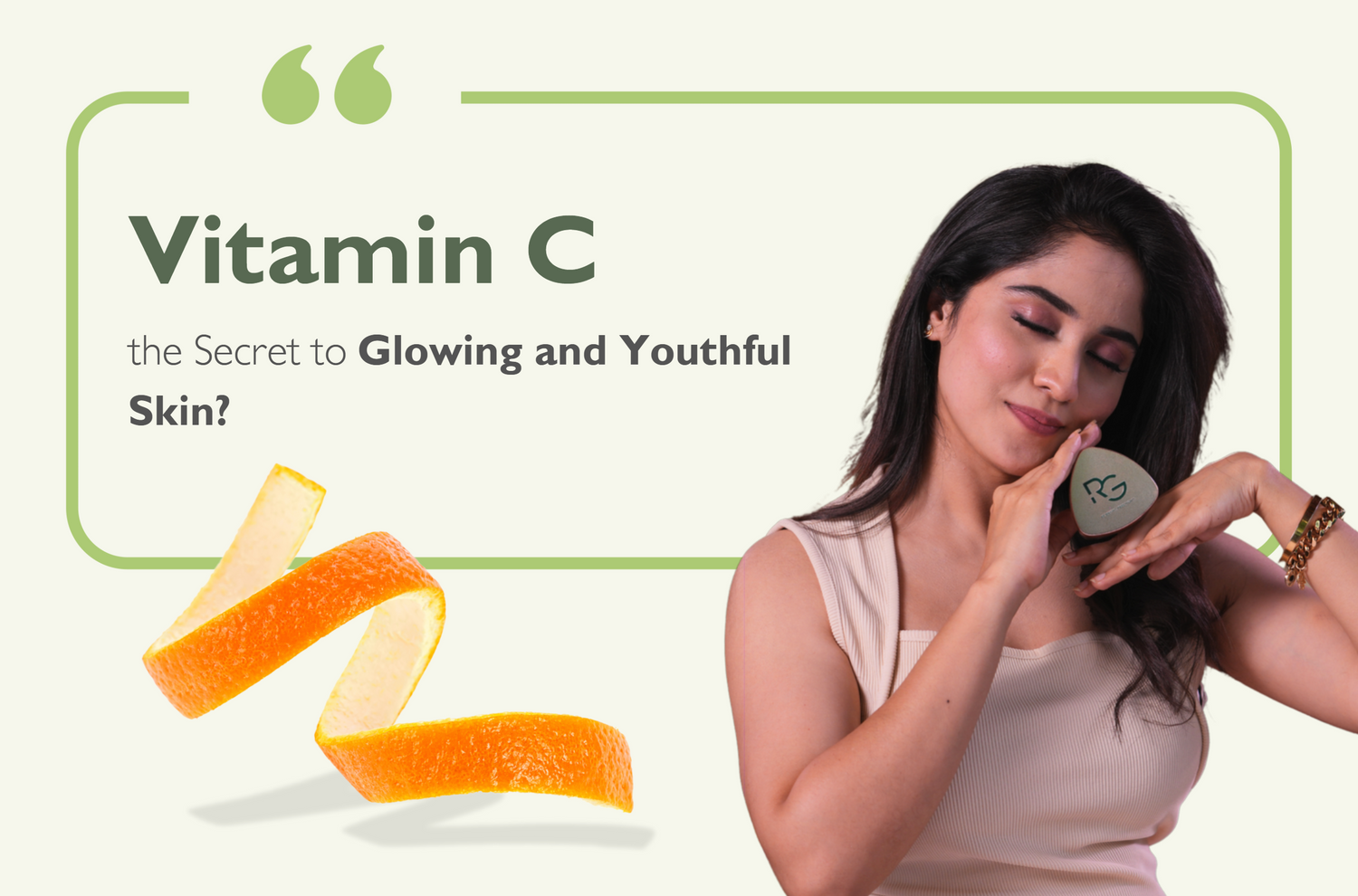Glutathione has been making waves in the skincare industry, with claims that it brightens skin, reduces signs of aging, and detoxifies the body. But is it really the secret to achieving a radiant and youthful complexion? Let’s dive into the science behind glutathione and its role in skincare.
What is Glutathione?
Glutathione is a powerful antioxidant naturally produced in the body. It is composed of three amino acids: glutamine, cysteine, and glycine. Its primary role is to neutralize free radicals, reduce oxidative stress, and support detoxification processes within the liver. Due to its potent antioxidant properties, glutathione has gained attention as a key ingredient in skincare.
How Does Glutathione Benefit the Skin?
-
Skin Brightening and Whitening
One of the most popular uses of glutathione in skincare is for skin brightening. It works by inhibiting melanin production, the pigment responsible for skin color. By reducing melanin levels, glutathione can help lighten hyperpigmentation, dark spots, and uneven skin tone. -
Anti-Aging Effects
Free radicals accelerate skin aging by causing oxidative damage to skin cells. As an antioxidant, glutathione helps combat this damage, reducing fine lines, wrinkles, and dullness. It also promotes collagen production, which maintains skin’s elasticity and firmness. -
Detoxification and Skin Health
Glutathione supports the body’s natural detoxification process by eliminating toxins and heavy metals. A cleaner system reflects on the skin, reducing breakouts, acne, and other inflammatory conditions.
How to Use Glutathione for Skincare
There are several ways to incorporate glutathione into your skincare routine:
-
Topical Products: Serums, creams, and lotions infused with glutathione can help improve skin tone and texture when applied consistently.
-
Oral Supplements: Glutathione pills or capsules are popular for internal skin benefits and detoxification.
-
IV Treatments: Some dermatologists offer glutathione injections for faster absorption and more noticeable skin-brightening effects.
Several studies have explored the effects of glutathione on skin health. A 2017 study published in the journal "Clinical, Cosmetic and Investigational Dermatology" found that oral glutathione supplementation resulted in a significant reduction in melanin levels, leading to skin brightening. Another study in "Dermatology and Therapy" (2020) demonstrated that glutathione, when combined with vitamin C, enhanced collagen synthesis and reduced oxidative damage, improving skin elasticity and hydration.
Additionally, a clinical trial conducted by Watanabe et al. in 2014 provided evidence that glutathione has anti-melanogenic properties, effectively reducing dark spots and hyperpigmentation. Research has also suggested that glutathione helps to modulate inflammation and neutralize reactive oxygen species (ROS), which are responsible for premature skin aging.
Despite these promising results, some experts argue that the bioavailability of glutathione varies based on its form (topical, oral, or dietary sources), and more large-scale, long-term studies are needed to confirm its efficacy and safety in skincare.
Does Glutathione Really Work?
While many users swear by its skin-brightening and anti-aging benefits, scientific evidence is still limited. The effectiveness of glutathione varies from person to person, depending on factors such as dosage, absorption, and individual skin type.
Final Verdict
Glutathione can be a valuable addition to your skincare routine, particularly for brightening and anti-aging purposes. However, it should not be relied upon as a miracle solution. A healthy lifestyle, sun protection, and a well-rounded skincare regimen are essential for maintaining youthful and glowing skin.
So, is glutathione the secret to radiant and youthful skin? The answer is: It can help, but true skin health comes from a combination of good skincare, nutrition, and overall wellness.




